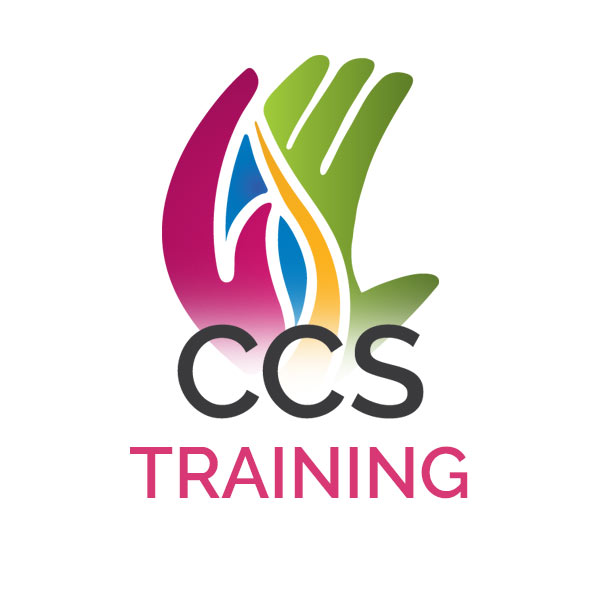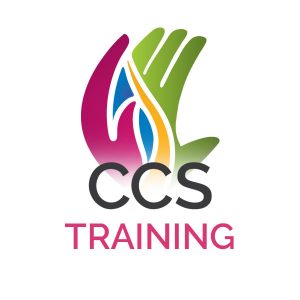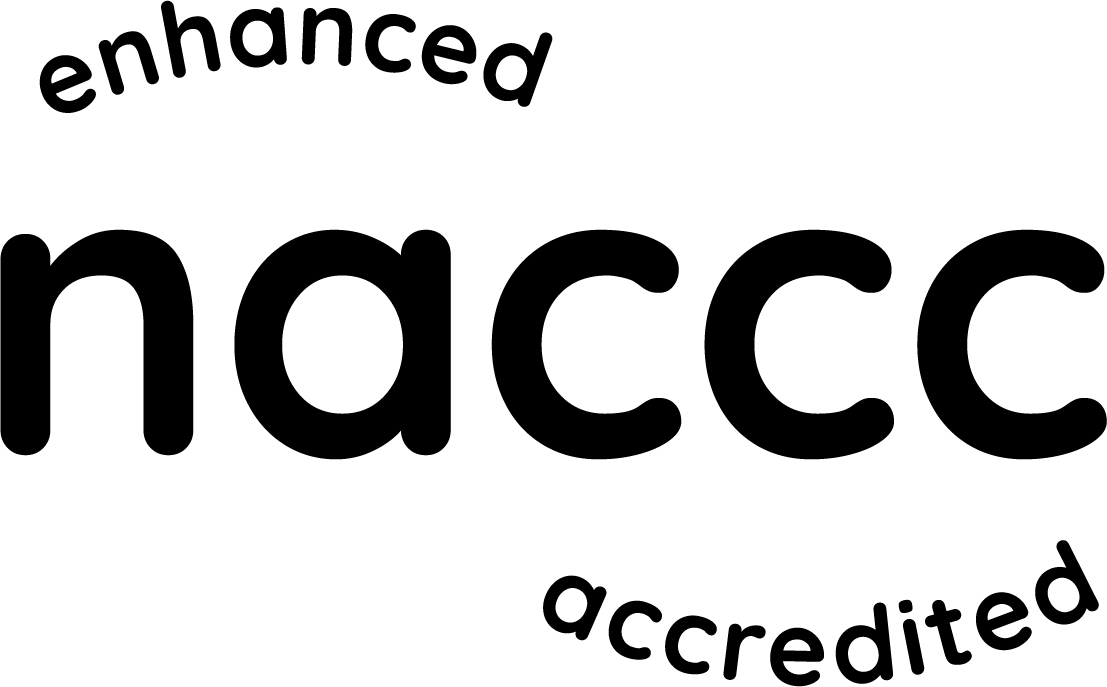Our Training Policy
As policy all of our supervised and supported contact staff must complete a thorough training course before undertaking any supervision sessions alone.
The Importance of Training?
Our supervisors have experience in supervising sessions between sibling groups and parent and child meetings. We have worked with a wide range of children from small babies under 6 months to teenagers. The so what? Our supervised training course will give you the right skills to become a competent contact worker. This will in turn allow you to become a supported worker as well. We will arm you with all the skills required to develop your skills in this area or indeed start a whole new career. We even have jobs too so please do get in touch if you are interested in this avenue.
Our Course
This course is recommended for professional people who work in the care of infants and children, and wish to become a supervised contact worker. The training includes everything you need to know about supervised contact in the childcare industry.
A course not to be missed.
Wherever possible we will always retain the same supervisors for the duration of the contact sessions to ensure continuity, and enable the children and parents to build up good relationships with the supervisor. The idea of the service is to enable social workers and solicitors to have an insight into the parenting skills, interaction and relationship between parents and child, or those being observed. The amount of detail recorded can be determined on an individual basis.





